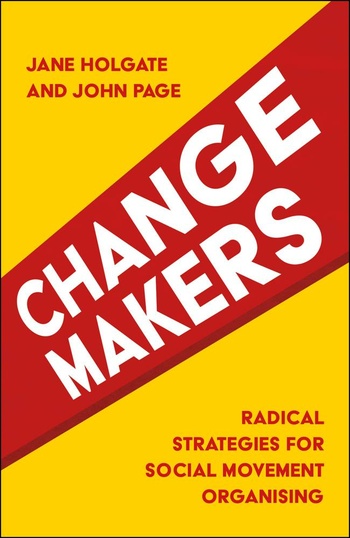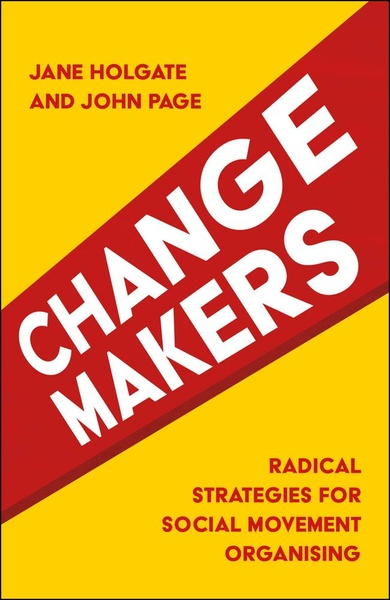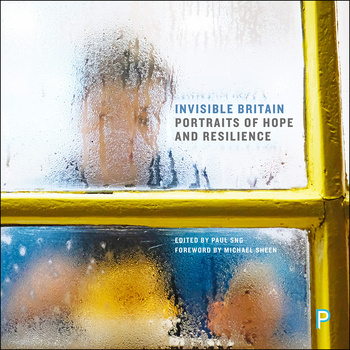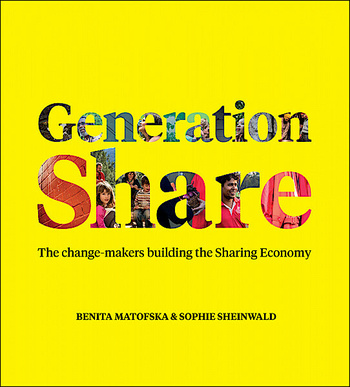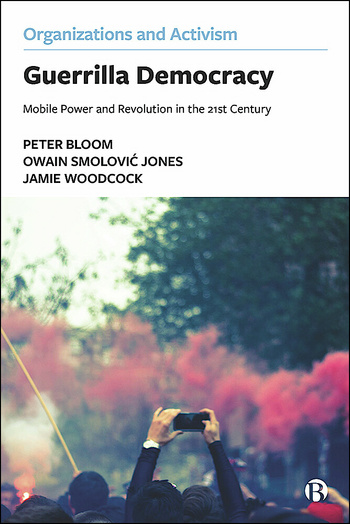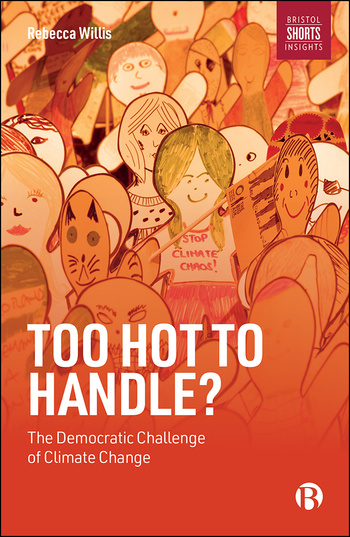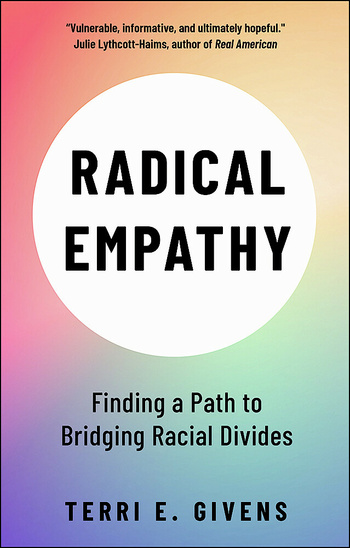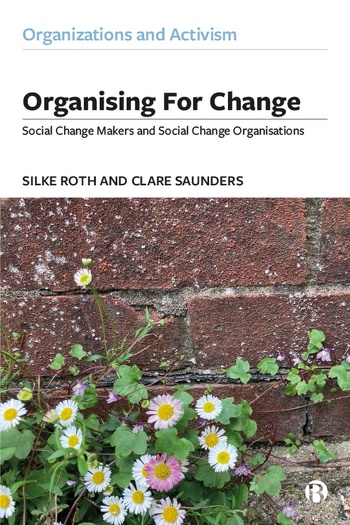Crafted for those who dare to challenge the status quo, this is a radical guide for activists.
Drawing from frontline experiences in trade unions, environmentalism, animal rights, and social justice movements, the book explores essential themes from leadership to the art of negotiation. It asks crucial questions about organising and social movements in the 21st century.
Avoiding easy prescriptions, the authors uniquely guide readers to where theory meets practice.
Written by two experts in activist education and community organising, this is a refreshing take on movement building, empowering changemakers of today to forge new paths towards a more just world.









